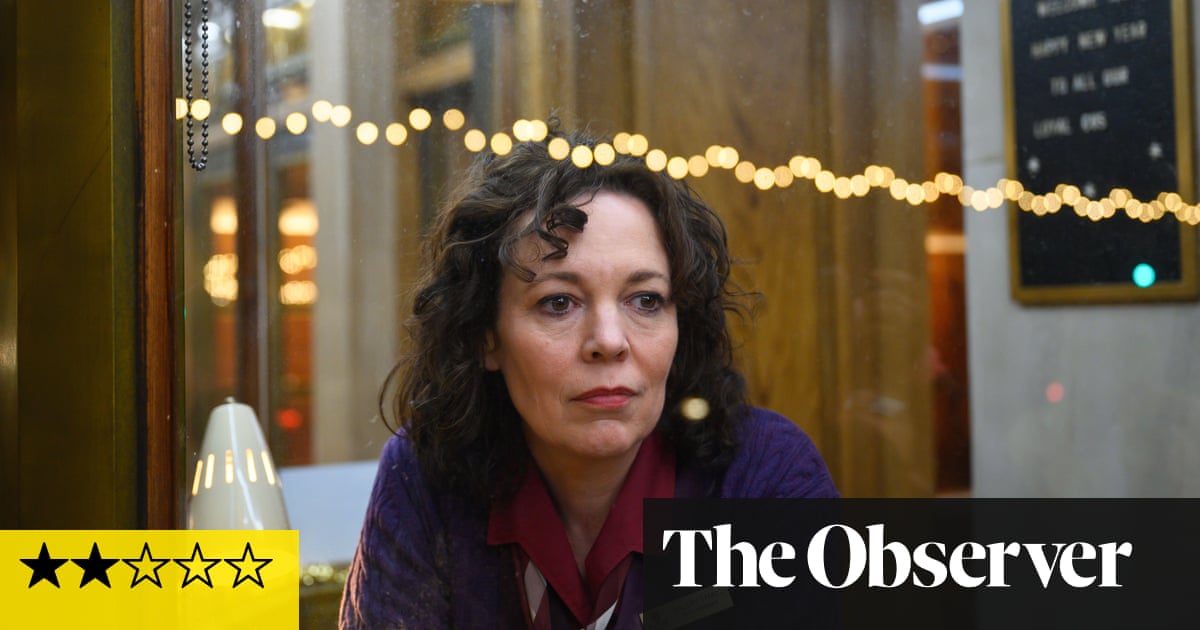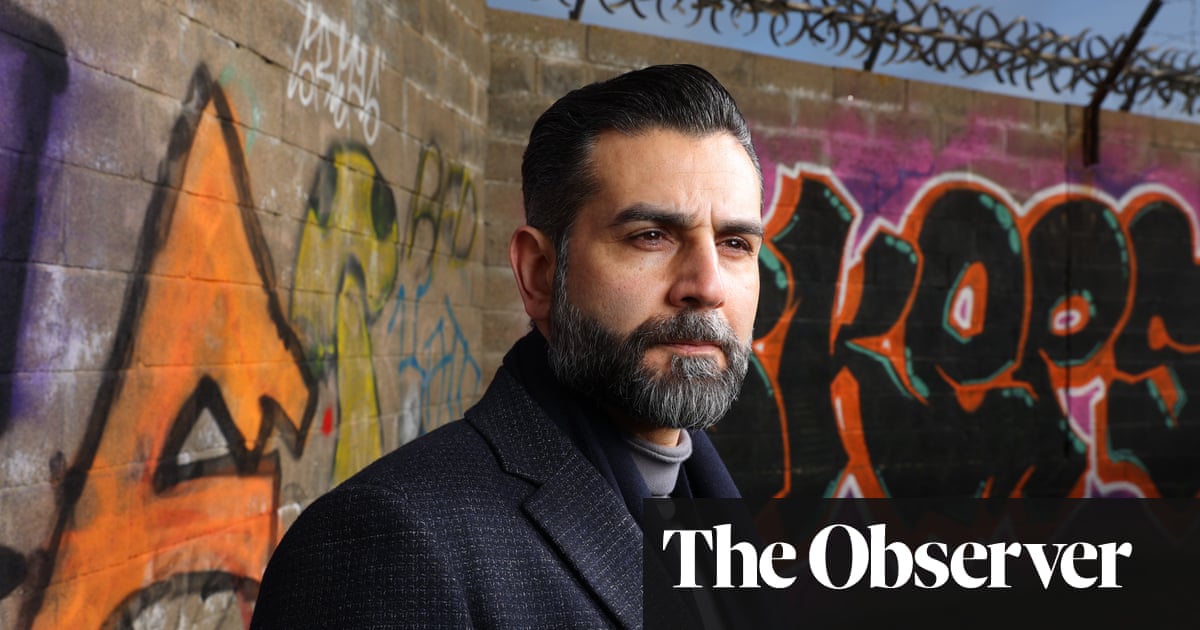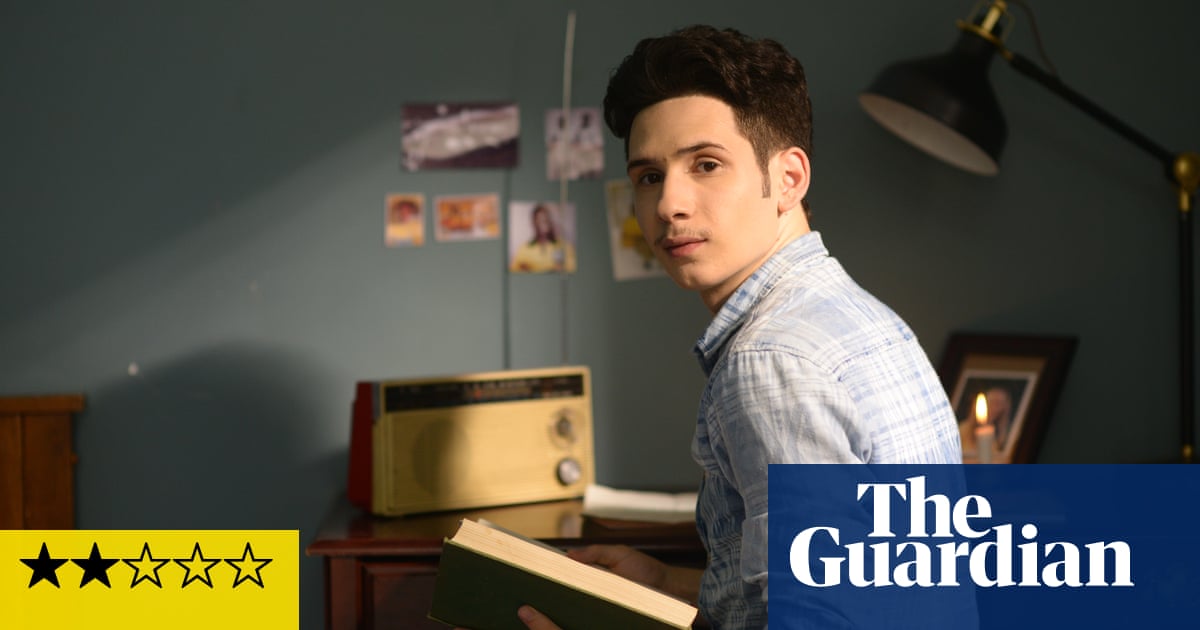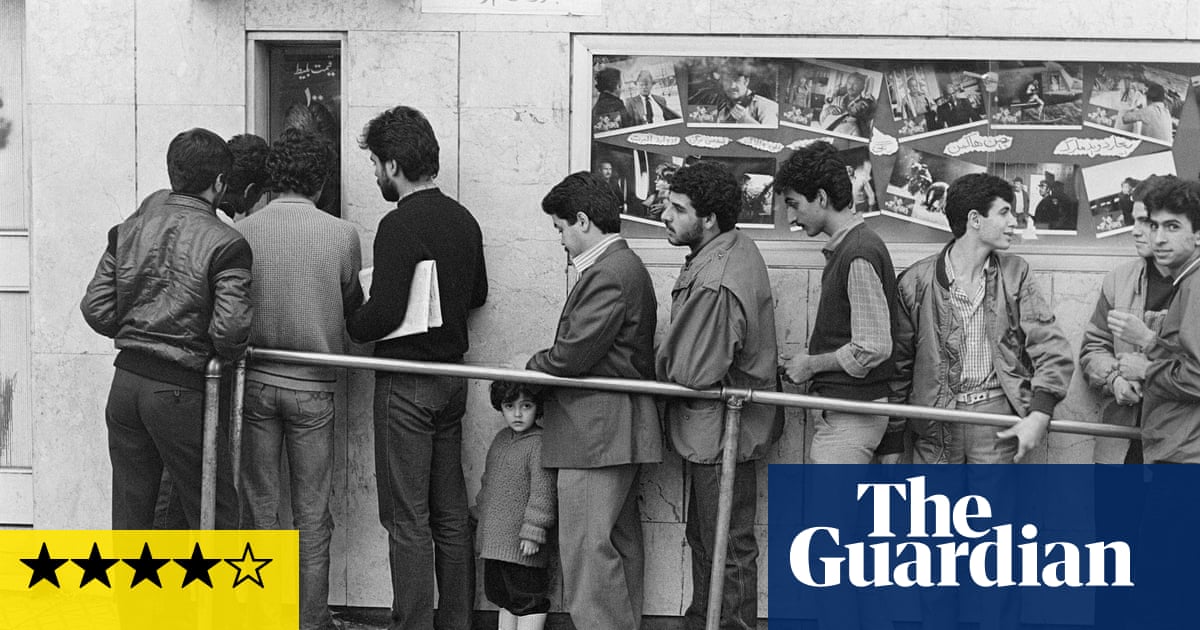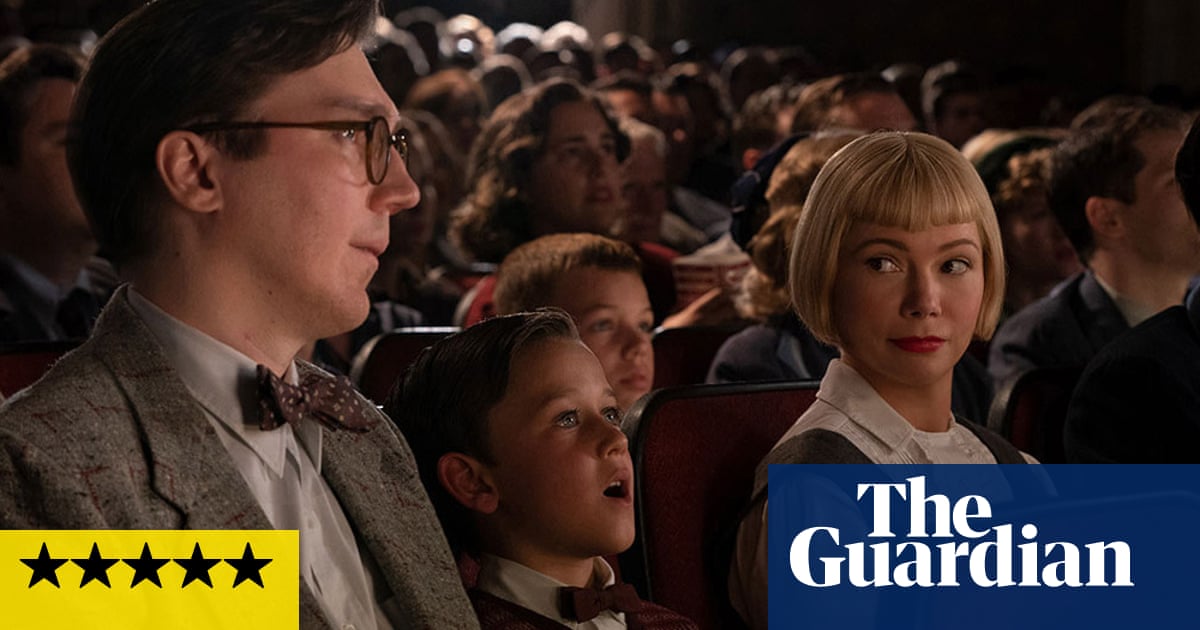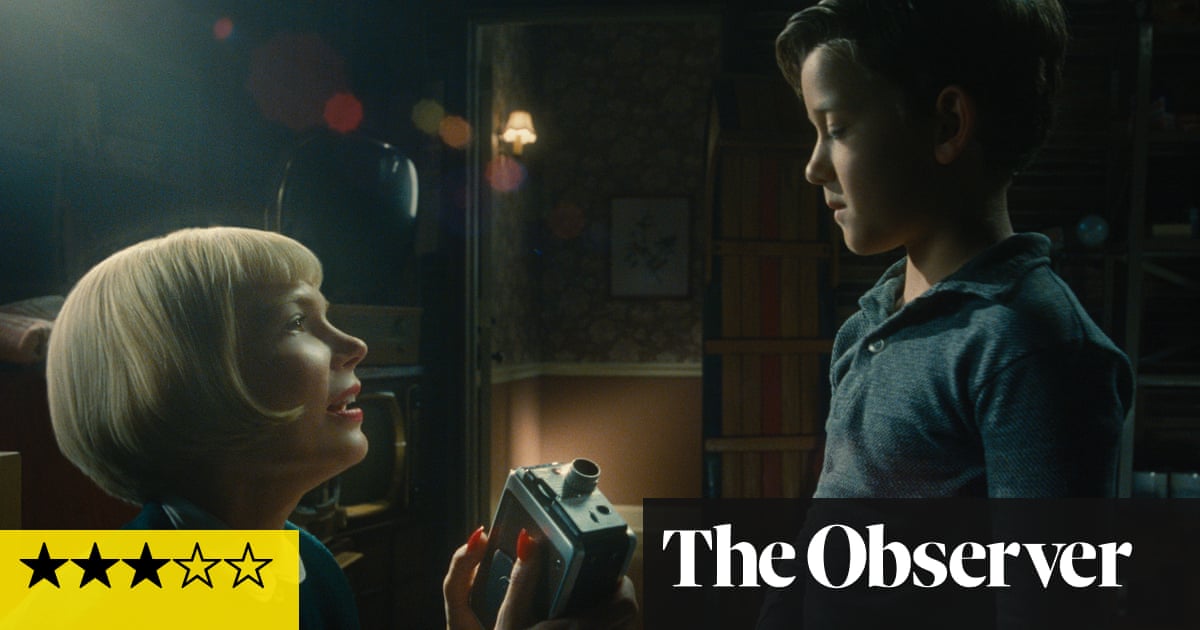
Just as every pop music sensation must at some point treat their audiences to a song portentously titled Time (Pink Floyd, David Bowie, the Alan Parsons Project, Tom Waits, Culture Club et al), so film-makers inevitably wind up courting awards with thinly disguised autobiographical movies about how they first fell in love with cinema. In little over a year we’ve had Kenneth Branagh’s Belfast, which includes a trip to the flicks with the family to see Chitty Chitty Bang Bang, and Sam Mendes’s Empire of Light, a reminiscence inspired by his mother interspersed with touching projectionist elegies about movies creating the “illusion of motion, illusion of life”.
Into this overcrowded field comes The Fabelmans, in which versatile screenwriter and playwright Tony Kushner takes the most well-rehearsed stories of Steven Spielberg’s childhood (anxiety about his parents splitting up; uncertainty about his cultural identity; redemption through the discovery of motion pictures) and deftly repackages them as fictionalised movie-magic fables. The result, which opened to soft box-office in the US in November, is a delightfully personal whimsy that has dazzled awards voters there. It has already won several prizes, and is up for seven Oscars, including best picture, although it hasn’t whipped up equal enthusiasm among the very audiences who made Spielberg one of the world’s most successful film-makers.
Anyone who has ever read or watched a Spielberg interview will already know that his formative memories include being taken as a child to see The Greatest Show on Earth, Cecil B DeMille’s romping 1952 circus-themed spectacular featuring an eye-popping train wreck. That scene (slyly homaged in JJ Abrams’s nostalgic Spielbergian ode Super 8) is duly rolled out again here, watched in jaw-dropped amazement by young Sammy Fabelman (played first by Mateo Zoryon Francis-DeFord, then later by Gabriel LaBelle), who experiences a mixture of trauma and wonder at the carnage unfolding on screen.
In his east coast home, Sammy’s nuclear family is being quietly rent asunder. While dowdy but dependable dad Burt (a perfectly cast Paul Dano) is on course for a life-changing career move to California, glamorous but disconsolate Mitzi (Oscar nominee Michelle Williams, sporting an on-the-nose severely fringed blond bob) cannot imagine being separated from “Uncle Bennie” (Seth Rogen), a “close family friend” who has become part of the domestic furniture.
When Sammy transfers his personal worries into fretful, film-related dreams, Mom realises that a train set and a home-movie camera may prove therapeutic, allowing her troubled son to restage his primal trauma, thereby owning it. Little does she realise that the eye of his lens will also allow Sammy to see what has thus far remained hidden about her, dovetailing his youthful man-with-a-movie-camera adventures with a coming-of-age loss of innocence.
An element of autobiography has long fuelled Spielberg’s work, most notably in ET the Extra-Terrestrial, which combines crowd-pleasing allegorical sci-fi with tear-jerking personal memoir. The Fabelmans is more down-to-earth, yet crucially less universal. Yes, there’s self-referential cineaste fun to be had tying the smart dramatic inventions of Kushner and Spielberg’s entertaining script to the details of the director’s life, such as Sammy experiencing antisemitic bullying at school, and discovering the passionate benefits of embracing other identities in all their earthly delights. Intriguing, too, to watch this wunderkind figuring out how to make gunshots flash on screen (pinpricks in the celluloid), and learning about the power of framing and editing to reshape “reality”. If you’re looking for a film that explains where the Spielbergian tropes you know and love came from, then The Fabelmans is for you.
Yet despite Janusz Kamiński’s glowing cinematography, John Williams’s tinkly, Oscar-nominated score and a knockout final scene that will put a knowing smile on the faces of diehard film fans, it’s hard not to conclude that this is yet another example of awards season being out of step with popular taste. None of which is to suggest that I didn’t like The Fabelmans; of course I did – I’m a film critic! But it’s also possibly the most lavishly mounted home movie ever made. Appropriately enough, that is its great strength and its fatal weakness.




